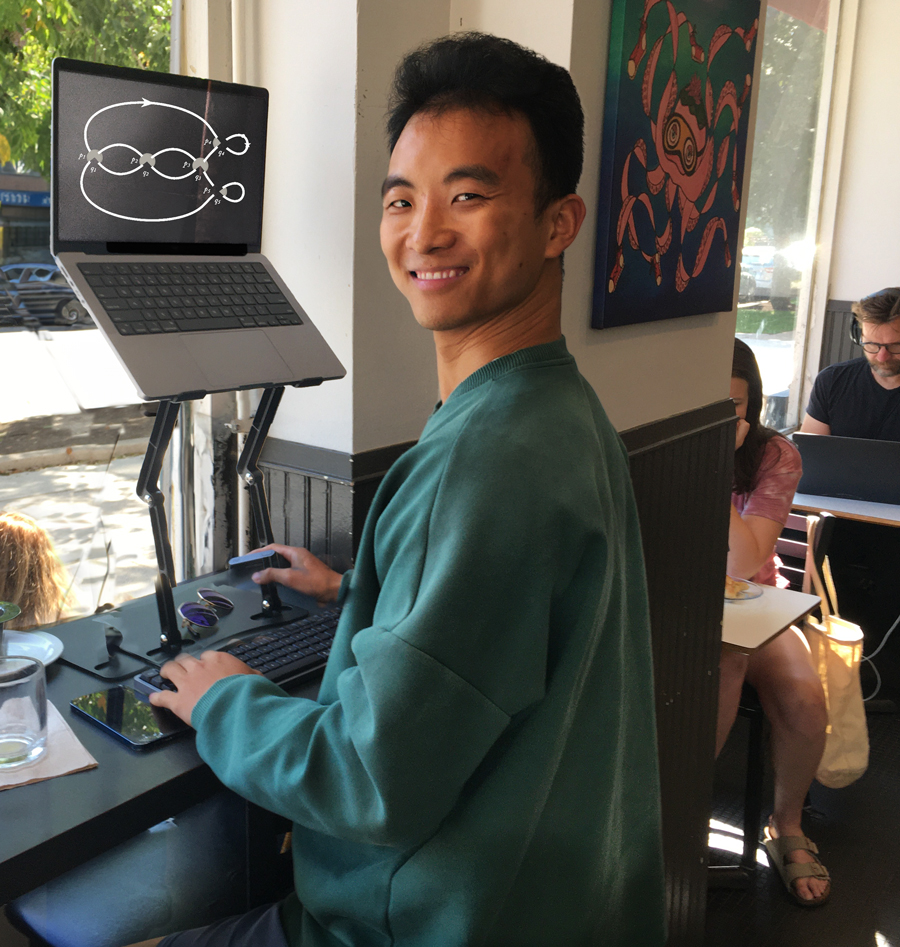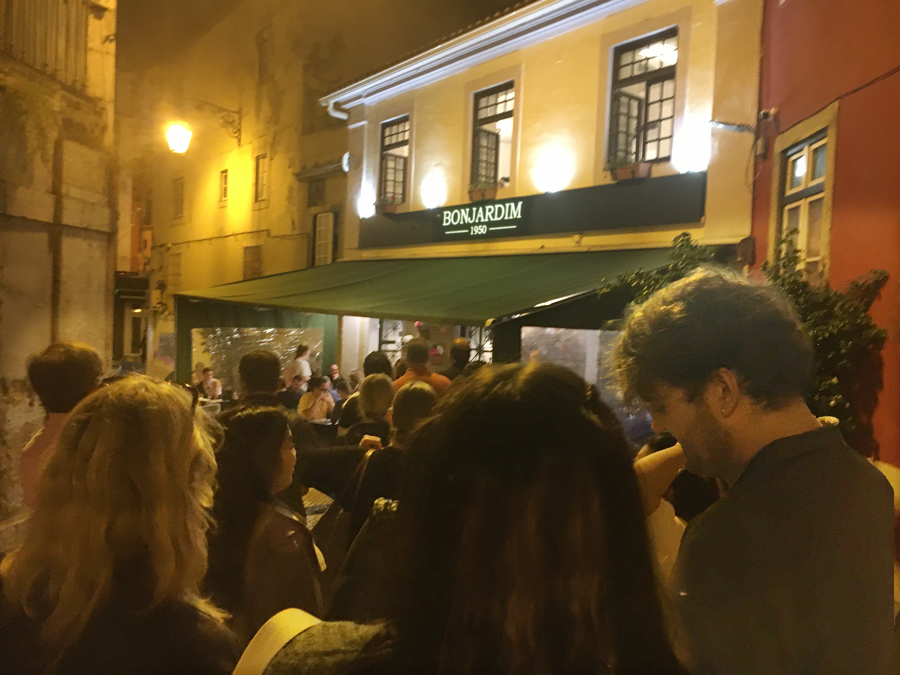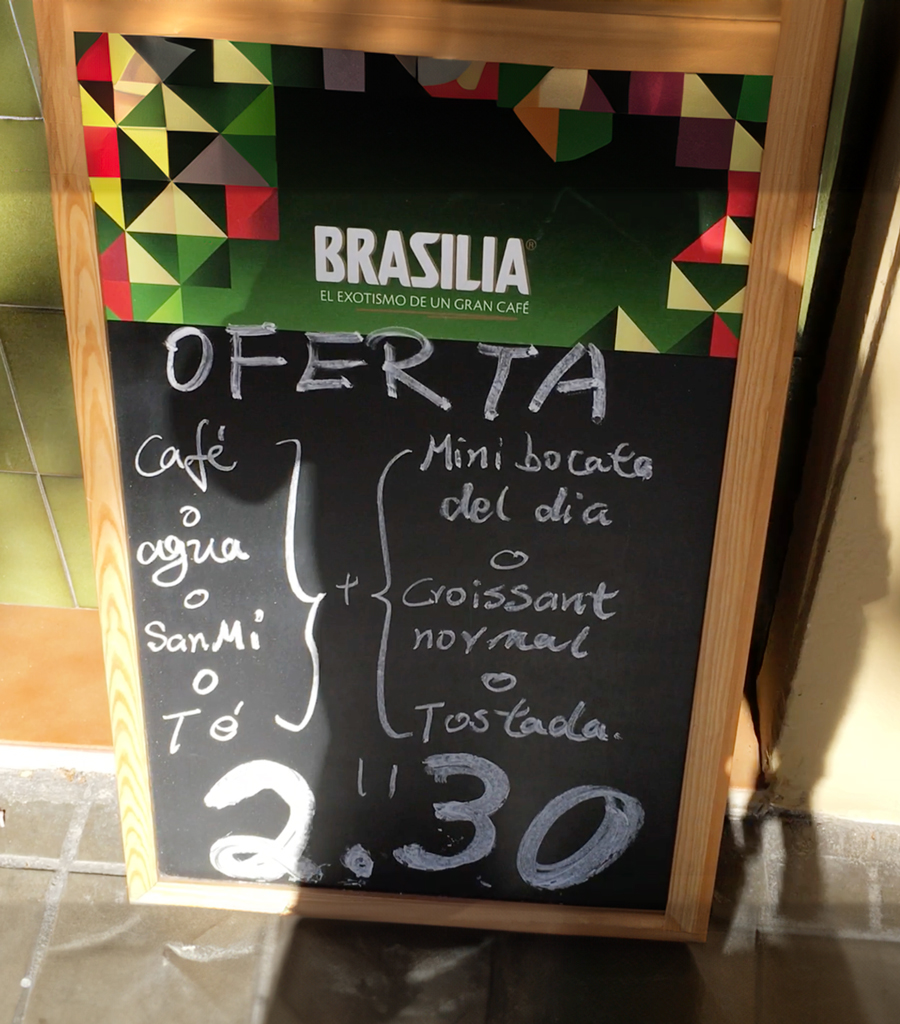Cooking Every Other Week 2024
 The man surprised his wife by offering to do the cooking every other week. He’d been listening to public radio.Barely an evening went by without someone telling her how wonderful her kitchen smelled. But they weren’t allowed to ask what was on the menu before dinner was served.
The man surprised his wife by offering to do the cooking every other week. He’d been listening to public radio.Barely an evening went by without someone telling her how wonderful her kitchen smelled. But they weren’t allowed to ask what was on the menu before dinner was served.
Her husband always washed the dishes. It was an arrangement both of them found comfortable.
One evening he surprised her by offering to do the cooking every other week. “It’s only fair,” he said. He’d been shamed by a domestic-equity expose on NPR.
He had recipes from his single days but he was determined to expand his repertoire beyond ground beef. To his credit he never resorted to emergency scrambled eggs.
He learned from The Food Network which spices combine to add depth and subtlety. His wife had a lazy-Susan filled with of seasonings. How hard could this be?
The woman shopped for weekly specials. Unfortunately he wasn’t capable of planning an entire week’s menu so he ran out every several days and bought things she already had in the refrigerator.
Another complication was that she could fit an array of utensils into very tight quarters. He was never able to crack her algorithm, after he took things out they wouldn’t go back in.
Family etiquette didn’t allow her to complain about the meals he served, so she started to critique the pans he chose to fry things. She complained when he dirtied test bowls before finding the right size. She challenged his presentation skills.
Finally, she flatly refused to wash some pots he had burnt. Since doing the dishes was her job when he cooked, she was now in blatant violation of their new contract.
“Okay, I quit,” he said. “I’m not cooking anymore…AND IT SERVES YOU RIGHT!!!!”
The woman turned away to hide her smile. What she didn’t want her husband to realize was how desperately she wanted him out of her kitchen.
And he was more than happy to play along. What he didn’t want her to know is how much he wanted things to get back to the way they used to be, back before NPR nearly destroyed their happy home.![]()




